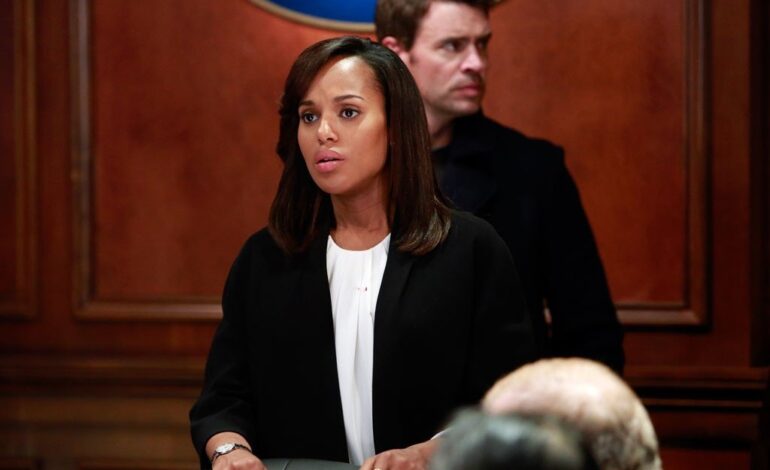Jimmy Kimmel Faces Indefinite Hiatus After Charlie Kirk Remarks Spark Backlash and Network Pull

Jordan Collins here, your resident guide who assumes you probably need the handrail while we stroll through the latest late-night fallout. Yes, we are talking about Jimmy Kimmel and a controversy that fractured ABC’s airwaves, because apparently jokes about real violence have ratings only when they come with a political sting. Let’s break down what happened, what was said, and why it mattered enough to pull a flagship show off the schedule, at least temporarily.
Starting with the centerpiece: Jimmy Kimmel, the 57-year-old host known for his sharp barbs and universal primetime visibility, landed a public-relations firestorm after he addressed the killing of conservative activist Charlie Kirk with a monologue that many perceived as cross the line from satire to commentary on real-world violence. The argument, as framed on his program, was that the narrative around Kirk’s death had become weaponized in political discourse, with Kimmel accusing the “MAGA gang” of attempting to leverage the murder for political gain. He suggested that some politicians and media figures were treating Kirk’s death as political momentum rather than a tragedy, which, while not rare in a roiling partisan climate, touched a nerve for many viewers and industry watchers.
What happened next reads like a textbook case of newsroom churn meets social media firestorm. ABC, in a statement that signaled a serious reputational and operational concern, announced that Jimmy Kimmel Live! would be preempted “indefinitely.” The formal language is telling: indefinite preemption implies not just a one-off delay, but a strategic pause while executives assess the fallout, the audience reaction, and the potential for long-term reputational risk. Nexstar Media Group, a major broadcast operator with significant ABC-owned stations in its portfolio, echoed that sentiment, confirming it would preempt the show in its markets for the foreseeable future. The combination of these moves from the network and its affiliates signals that the incident wasn’t merely a blip; it was a signal that a high-profile star’s comments could trigger real operational repercussions.
The content of Kimmel’s remarks is where the debate lived. He referenced Kirk’s murder on September 10 at Utah Valley University, noting the public conversation around the incident and how statements from political figures played into that discourse. He also invoked Trump’s responses in the wake of the tragedy, including a jab about a White House ballroom renovation and a quip about a chandelier, portraying the former president as diverting once again from the human toll of the event. Critics argued that the jokes crossed a line by treating a killing as a punchline or political prop; supporters contended that the remarks were intended as pointed satire aimed at the political ecosystem that, in their view, normalizes sensational rhetoric around violence.
The broader context matters. Late-night hosts often toe a fine line between comedic critique and political provocation, but the audience today expects a level of accountability that remains dynamic in the media landscape. The backlash illustrates how quickly a monologue can morph into a headline, how social and traditional media amplify perceived missteps, and how network executives weigh profit margins against public sentiment when deciding what stays on air and what goes dark, even temporarily. What’s next remains uncertain: will Kimmel return with a clarified stance, will the network offer a formal apology, or will this incident catalyze a broader re-evaluation of how political humor is handled in late-night spaces?
If you’re asking “what happens now,” the answer rests on a few variables—viewer reactions, advertiser considerations, and the evolving conversation about satire in a highly polarized climate. Stay tuned, because the time between high-wattage controversy and resolution often brings brand-new dynamics to light, including potential guest-host arrangements or revamped formats while the mothership figure remains perched in the wings.
What to watch next? Will ABC redefine its approach to political humor, or will this be a cautionary tale about the boundaries of late-night commentary in a moment of heightened sensitivity? The answer is likely to unfold in the coming weeks as executives, guests, and audiences parse what is acceptable, what lands, and what the public actually wants from their nightly laugh factory.
Sources: Celebrity Storm and New York Post
Attribution: Creative Commons Licensed (GO)
Attribution: Creative Commons Licensed (GO)




